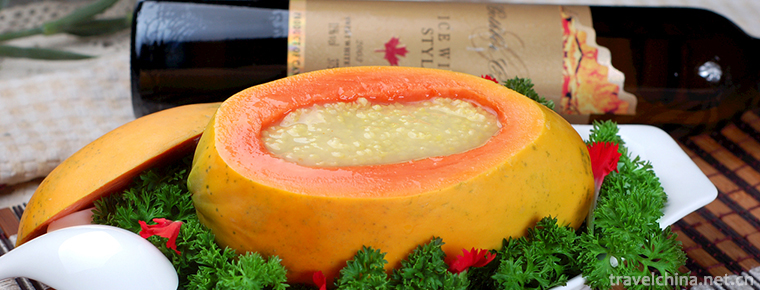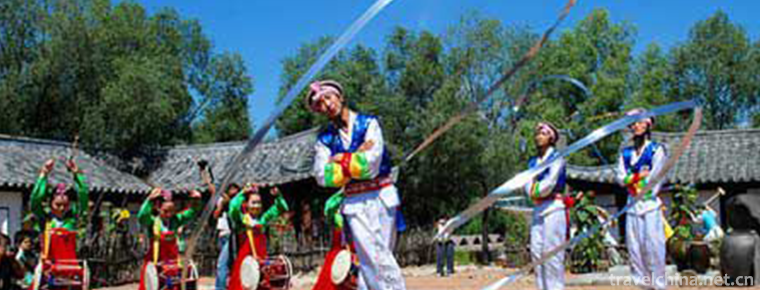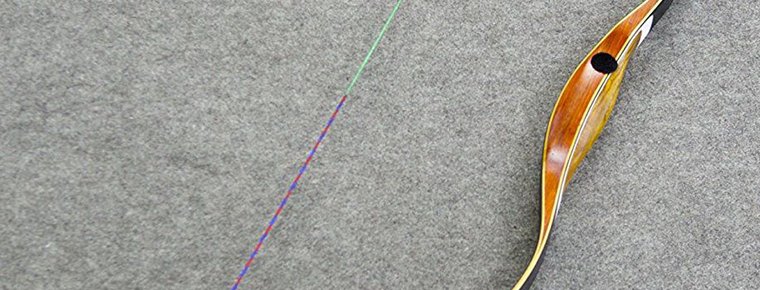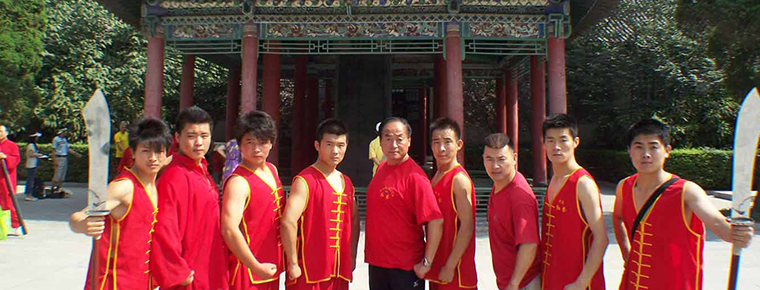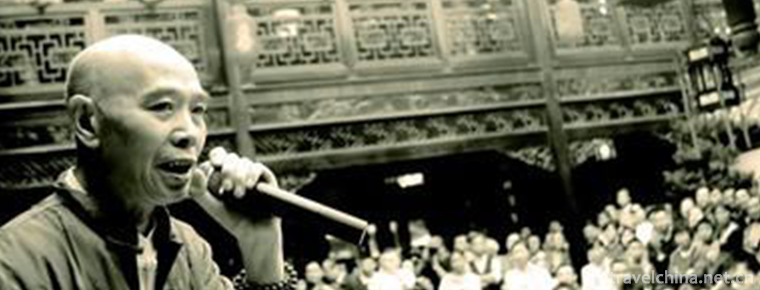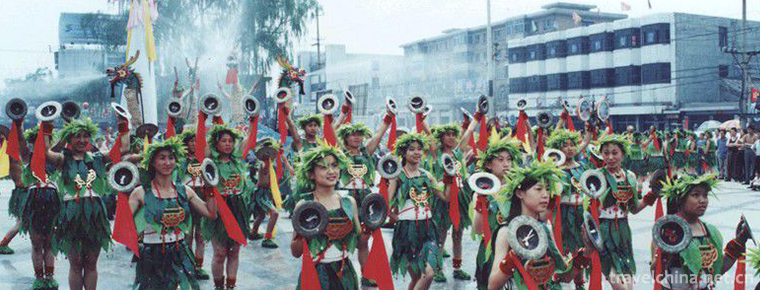Huidong Fishing Song
Huidong Fishing Song
Huidong Fishing Song is one of the traditional folk arts in Guangdong Province. From the Song Dynasty, fishing songs in the shallow sea of Huidong were introduced from the coast of Fujian Province.
"Huidong Fishing Song" is a folk song with distinctive features in "Chinese Fishing Song". It has the charm of the sea and the strong characteristics of the southern coastal culture. It is a colorful folk song bred by our Chinese nation in the long river of cultural history.
On June 7, 2008, Huidong Fishing Song of Huizhou City, Guangdong Province, was approved by the State Council to be included in the second batch of national intangible cultural heritage list. Heritage serial number: 592 II-93.
historical origin
"Huidong Fishing Song" is popular in ports of Huidong County, Fangang of Zishan Mountain, New Fishing Village of Yanzhou and New Fishing Village of Simiao County. The local people call it "the song of the silver carp boat" or "the song of the city", which belongs to the shallow sea fishing song of "the Fishing Song of Eastern Guangdong". It shares the same song with fishing villages in some coastal cities and counties of Guangdong Province, such as Shanwei, Haifeng, Baoan and Huiyang. It is similar to fishermen's customs and singing styles in the above places. However, due to their long-term living in different areas, influenced by local customs, language, culture, temple music, local operas and folk minors, the singing style of the same Fishing Song is slightly different and has its own characteristics.
artistic characteristics
artistic form
Huidong fishing songs have more than 20 varieties, such as "Ah aroma tune", "La Ti Ti Ti Ti Ti tune", "Ha ha aroma tune", "Xiandi tune" and "Luo Yin tune". Only the fishermen singing on the boat, there are solo and chorus, fishermen live in groups with "answer song" (that is, song, or fighting song) as music, no musical instrument accompaniment; its melody has a strong local opera music and temple music flavor; the lyric structure is mostly upper and lower sentences, one echo one sentence. The simplicity and conciseness of lyrics can be used for reference and inspiration in the creation of modern lyrics.
Representative works
The large-scale opera "The Great Wall of the South China Sea" and so on.
Huidong's program "Yujiale" won the silver prize.
Huidong Fishing Song was transmitted from Fujian coast to Huidong. This kind of fishing song sung in "Fulao dialect" (belonging to the southern Fujian language family) flowed into Huidong Port, Pinghai and Shanliao during the Song Dynasty. Singing fishing songs for more than a thousand years, but in recent years, because the local people who can speak pure "Fulao dialect" are increasingly scarce, facing the embarrassment of no one to praise. Fortunately, in order to preserve the art handed down by our ancestors, folk Fishing Song lovers took action to collect lyrics, music scores and adapt them to the stage. The government is also preparing to shoot movies and TV plays to make fishing songs beautiful and pleasant while maintaining the original ecology.
Inheritance and protection
Inheritance status
It is understood that there are only 10 elderly fishing singers in Huidong.
The fishing songs of Huidong were badly damaged in the ten years of catastrophe, and the fishermen who washed their feet and went ashore ushered in a new era. The fishing songs that everyone knew well before and could sing were gradually forgotten. Only on the occasions of sacrifice, festivals, weddings and funerals in fishing villages, can we hear the classical fishing songs that are lingering. In the whole Huidong area, there are only thirty or forty people who can sing fishing songs, basically over the age of fifty or sixty. Speaking of this, Ye Lao felt a little sad and expressed regret in his eyes. However, he was pleased to say that the local people were very active, and grass-roots Party committees and administrative leaders also attached great importance to fishing songs. "Their enthusiasm ignited my confidence."
Huidong Fishing Song has a variety of tunes and unique melody. It also provides rich and precious materials for music creation. Many songwriters came to Huidong fishing village to collect customs and create a large number of works on fishing songs. Huidong Fishing Song is a precious heritage of Chinese regional culture, but it is in danger of losing its heritage.
Inheritance and protection
Out of cherishing folk art, Ye Lin wrote a letter to the provincial Party committee leaders, calling for attention to the plight of Huidong fishing songs on the verge of being lost, and talked about his vision of saving Huidong fishing songs. The letter received high attention from Zhu Xiaodan and other provincial Party Committee leaders. After approval and photocopying, it was sent to Party committees at all levels.
Xu Twenty-four, a 92-year-old villager in Fanhe Town of Zishan, is the oldest Huidong fishing singer and one of the few second-generation inheritors.
At present, Ye Lin began to classify and sort out the fishing songs. Five or six of the most typical fishing songs were arranged into simple music scores, and two versions of the lyrics in Putonghua and Fulao dialect were also planned.
The Development of Fishing Songs Should "Move without Change"
Towards the end of the interview, the old man hummed a Huidong fishing song he arranged for us...
Last year, the Cultural Department of Guangdong Province declared Huidong Fishing Song as a national intangible cultural heritage to the central government. The next work is to promote and develop fishing songs.
Yelin believed that there should be different ways for different objects. On the standpoint of professional musicians, Ye Lin pointed out that the simple use of Fishing Song material for song creation can not meet the development needs of fishing song. We should follow the principle of "moving without changing shape", write new words on the basis of retaining the basic melody and flavor of fishing song, so that fishing song can meet the aesthetic needs of modern people and express the feelings of modern fishermen. He thinks that the way Hakka folk songs go is worth learning, especially Huang Hongying, a Huizhou singer, recently published the album "Hakka Sisters", which he believes has reached a new peak in the development of Hakka folk songs.
For the public, Ye Lin believes that under the support and advocacy of the government and relevant cultural departments, we should create a cultural atmosphere for re-singing fishing songs, use media means to promote fishing songs, and popularize some classical fishing songs that can be easily accessible to the common people in schools and the whole society. In addition, there should be multiple versions of fishing songs, and listeners who do not speak Fulao dialect can also learn to sing Mandarin versions.
Towards the end of the interview, the old man hummed a Huidong fishing song he arranged for us. Concentrated and fascinated manner, poured into an 84-year-old old man's enthusiasm for endangered folk literature and art: "Two mountains are born with a top, two gardens of sugar cane and one garden of sweet." Four lines of city songs are sung by many people. One wrong line is sung by you.


-
Baiyun Mountain
located in Baiyun District of Guangzhou City, Guangdong Province.
Views: 163 Time 2018-10-12 -
Pumpkin rice gruel
cut Pumpkin Peel into thin slices and rinse with millet. Put some water in the pot, put water into pumpkin millet and boil it in a big heat..
Views: 365 Time 2018-11-02 -
Mount Longhu Scenic Area
Located in Yingtan City, Jiangxi Province, the Longhu Mountain Scenic Area is 18 kilometers away from the city center. It consists of six scenic spots: Xianshuiyan, Longhu Mountain, Shangqing Palace.
Views: 178 Time 2018-12-08 -
China Coal Museum
The China Coal Museum is located at the intersection of Yingze Street and Jinci Road in Taiyuan City. It was completed and opened on September 30, 1989.
Views: 185 Time 2018-12-22 -
Wanjiazhai Water Conservancy Scenic Area of the Yellow River
Wanjiazhai Water Conservancy Project is located in the canyon of the north main stream of the Yellow River from Toketo to Longkou. It is the first of eight cascades planned and developed in the middle.
Views: 230 Time 2019-01-18 -
Korean Agricultural Music and Dance
"Agricultural Music and Dance" is commonly known as "Agricultural Music", which is spread in the Korean community of Jilin Province, Heilongjiang Province, Liaoning Province .
Views: 146 Time 2019-04-16 -
Traditional archery
The traditional bow is an ancient invention consisting of three parts: wood, horn and tendon. The manufacturing process is complex and the materials used are various, and the workmanship and material .
Views: 152 Time 2019-04-19 -
Red boxing
Red boxing originated in Zhou and Qin Dynasties, became famous in Tang and Song Dynasties and prevailed in Ming and Qing Dynasties. It is an important link.
Views: 179 Time 2019-05-03 -
Sichuan Book Review
Sichuan commentary, also known as vernacular speech and commentary, is one of the traditional operas in Sichuan Province. It is popular in all parts of Sichuan and Yunnan and Guizhou. The performers t.
Views: 131 Time 2019-06-16 -
Wenshui Tiaozi
Wenshui Biaozi is an ancient and unique traditional folk music art spread in Wenshui County, Shanxi Province. It is named for its special copper cymbals commonly known as "Biaozi" in perform.
Views: 143 Time 2019-06-29 -
Acupuncture
Acupuncture means that under the guidance of traditional Chinese medicine theory, needles (usually filiform needles) are punctured into patients'bodies at a certain angle, and needling techniques such.
Views: 109 Time 2019-07-25 -
Bruce Lee
Bruce Lee (November 27, 1940 -1973 July 20th) Lee Jun Fan Teacher Ye Wen Born in California, USA San Francisco The ancestral home of China Guangdong Province Foshan City Shunde District Junan Town The.
Views: 153 Time 2019-09-04

